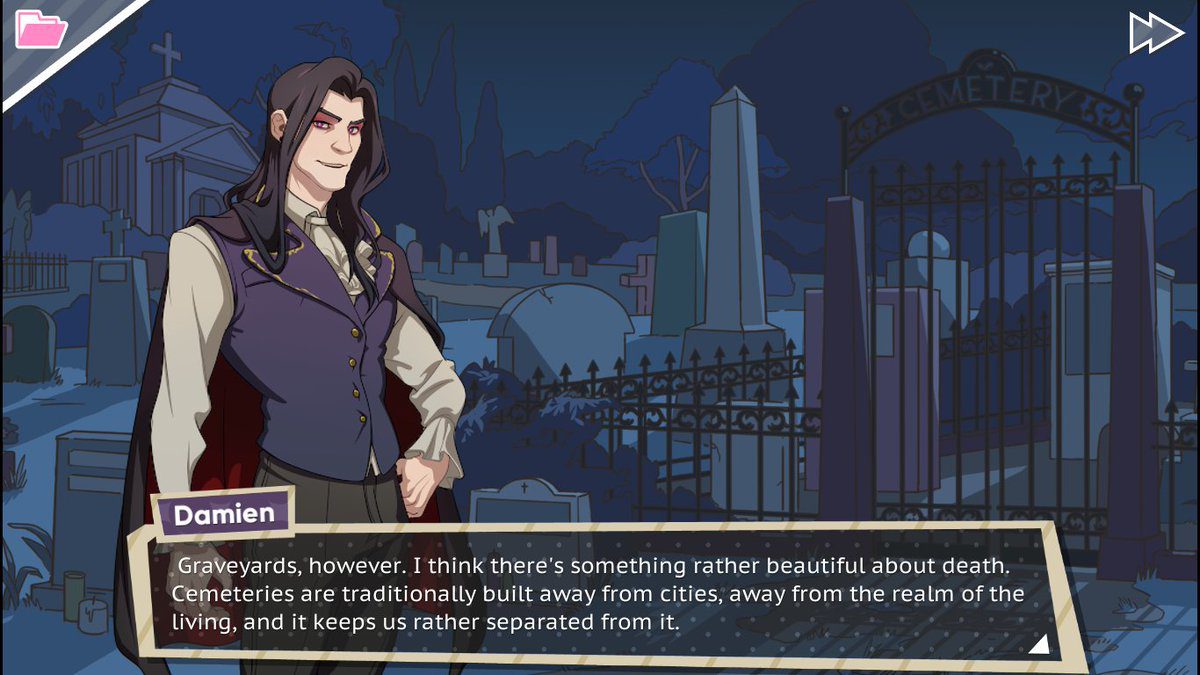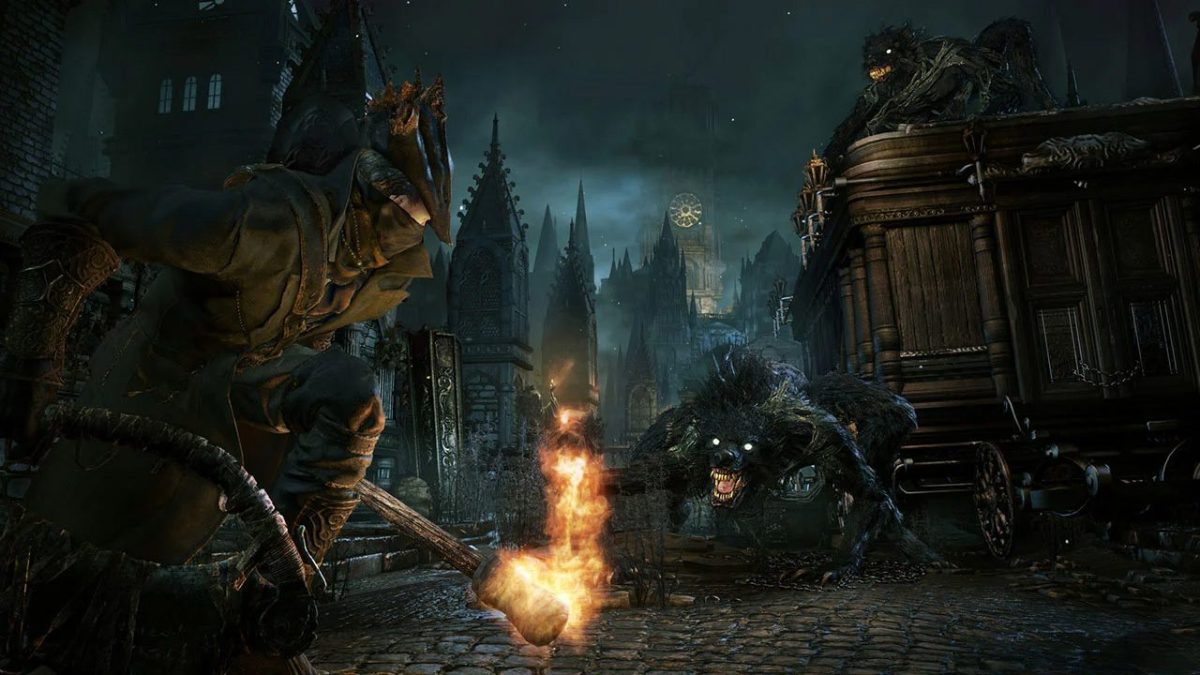Give me the melodrama
Melting candles, dark, cobwebbed corners, crimson blood stained on white lace — aesthetically, gothic horror is one of my favorite genres out there. Staples of gothic horror include anything as broad as a suspenseful, mysterious atmosphere, prophecies, and intense emotion, to the specifics of a castle setting, a damsel in distress, and stormy weather, just to name a few.
Before gothic horror became a whole aesthetic, inspiring media from every form, it had its humble beginnings in literature. The genre originally got its start from a short story called The Castle of Otranto, which was subtitled A Gothic Story. From there, we got the classics like Frankenstein, Dracula, and The Strange Case of Dr. Jekyll and Mr. Hyde, just to name a few.
The number of games that fall neatly into the gothic horror genre is surprisingly and disappointingly small. In the mainstream, the only games I can think of that fit into this category are Bloodborne, Darkest Dungeon, Castlevania, and Vampire: The Masquerade. I bet there are some smaller indie games that are up to snuff, but they’re not well-known enough to really solidify gothic horror’s place in the mainstream gaming market. I’m not even sure that that last one entirely counts, because it was a tabletop game first.

There are plenty of games out there that are tangential to the true vein of gothic horror like the Diablo series, which I’d consider to be more of a gothic-fantasy hybrid. Then you have beloved series like Resident Evil and Silent Hill, both of which I would say borrow from gothic horror, but the distinction there is that those games are more aligned with eastern horror conventions, while gothic horror relies more heavily on western tropes and imagery. I would argue that games like Kentucky Route Zero, Alan Wake, and the yet-to-be-released NORCO do a great job of representing the American gothic subgenre.
There’s even a game like Dream Daddy, where the eccentric romanceable NPC Damien became a fan-favorite representation of a gothic vampire. To me, he’s a great example of how gothic horror can integrate well into today’s pop culture, which is honestly a really cool idea and something I want to see more of.

Maybe I’m splitting hairs here, and maybe this whole conversation seems pointless to you, but as someone who is incredibly fond of the aesthetic associated with gothic horror, I think we’re really missing out on some cool games here. While horror is part of the name, gothic horror isn’t outright about scaring the crap out of you — instead, it often dives deep into topics of mortality, despair, and regret, and so on, which makes it rife with potential to tell really compelling, albeit dark, stories within a highly stylized framework.
I want to see a community sim inspired by Edgar Allen Poe’s The Fall of the House of Usher, where you manage a cursed old home as the last surviving member of a once prestigious family. I want a dating sim with dark, mysterious suitors inspired by the likes of Jane Eyre and Wuthering Heights. I guess you can just file this article into my ever-growing category of trying to manifest my gaming fantasies. At the end of the day, I see a whole lot of unused potential, and I want to start a conversation about the hypothetical games of my dreams that I could be playing this Halloween.
Story Beat is a weekly column discussing anything and everything to do with storytelling in video games.













Published: Oct 13, 2021 06:00 pm